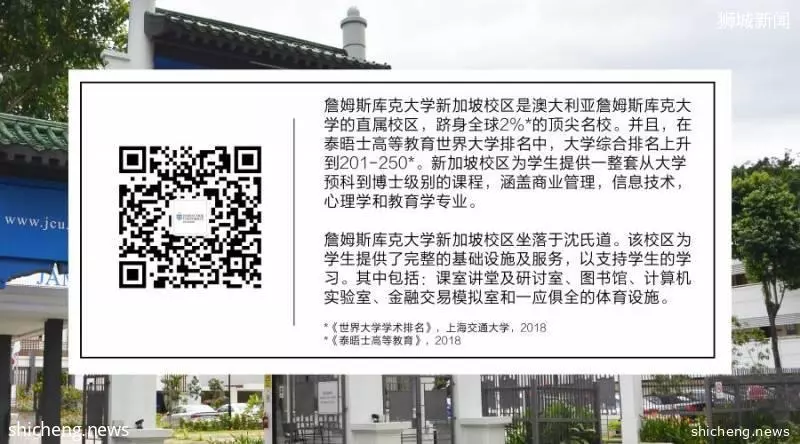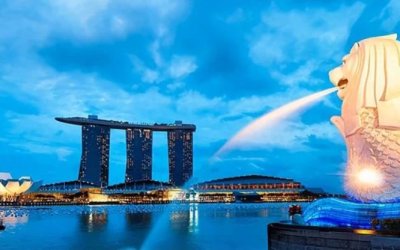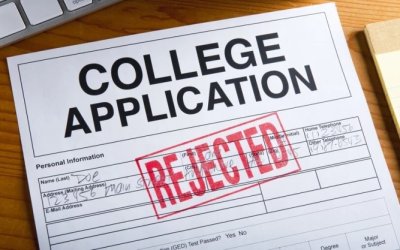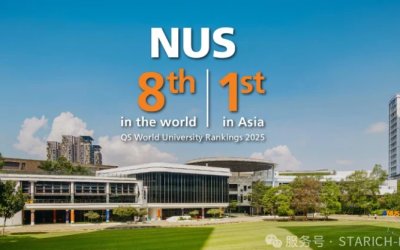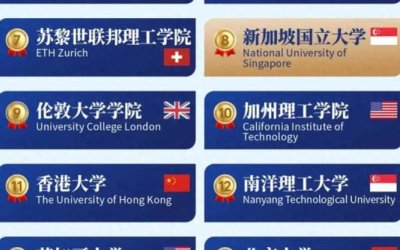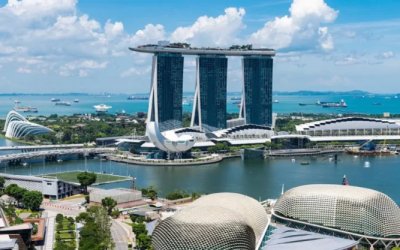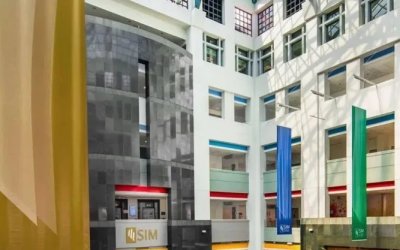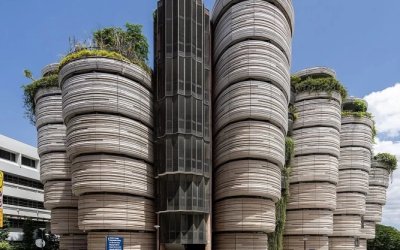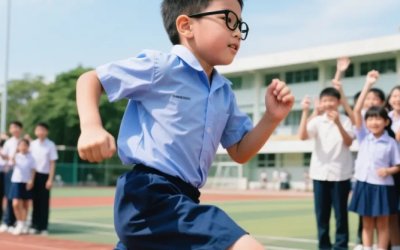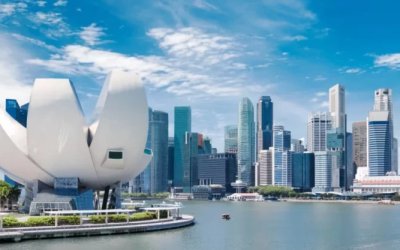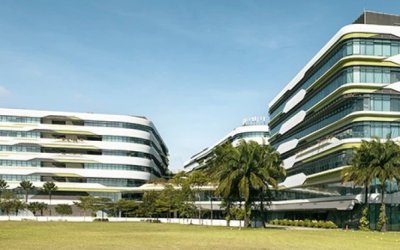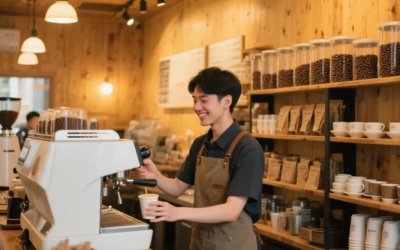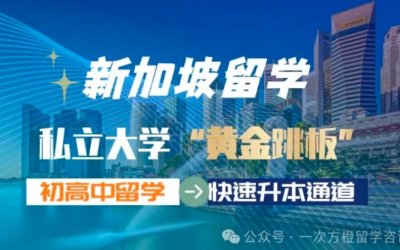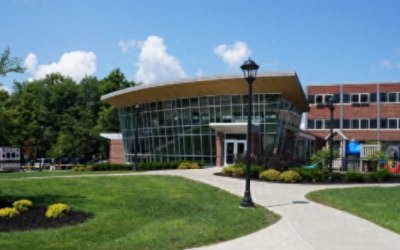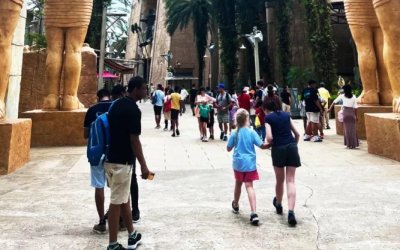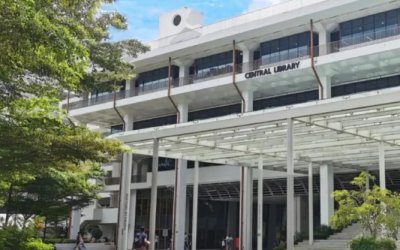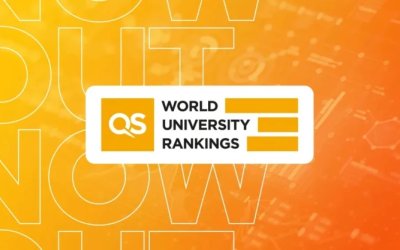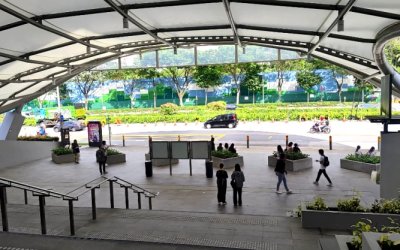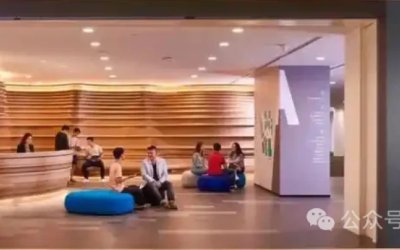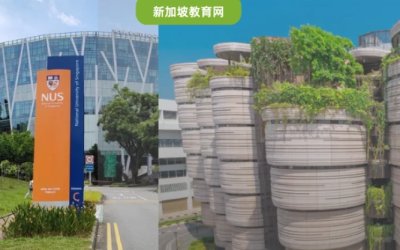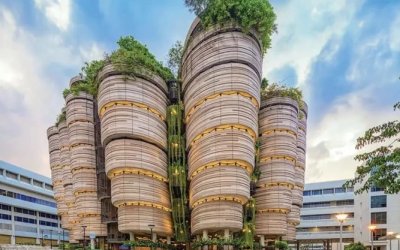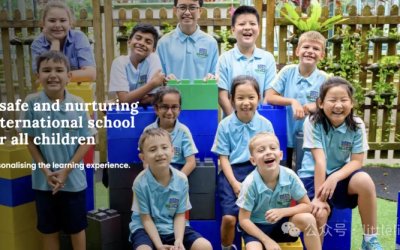Referring to a quote by Swedish climate activist Greta Thunberg, ProfessorHandwerker said that a simple and straightforward storytelling approach can beuseful to attract the public’s interest in the circular economy.
As circular economy consultants, Mr Allen and Mr Stavenhagen also stressed the need for measurement tools to identify “circularity” producedas a result of circular economy activities.
After the conference, Associate Professor Kuah said, “This conference has indeed shed light on how science has contributed to technological solutions in the recycling and recovery of precious resources, which also present numerousopportunities in closing the circular gaps.”
He continued, “Universities play a key role in taking actions to translatethese research and to raise public awareness.”
In fact, James Cook University in Singapore, with the Singapore International Chamber of Commerce, is currently organising a competition that reinforces 2019 as Singapore's “Year Towards Zero Waste”.
The competition calls on students to develop a one-minute video message that raises awareness on sustainable habits, and develop a clear actionable plan, in one of the following categories:
a. The correct use of recycling bins
b. Food waste reduction
c. Management of electronic waste
The best team in each category will be awarded $1000 cash prize for their ideas. Entries close on 1 October 2019.
Find out more about the SICC-JCU Circular Economy + Sustainability Competition here. SICC-JCU competition enquiries: Associate Professor Adrian Kuah [email protected]。
